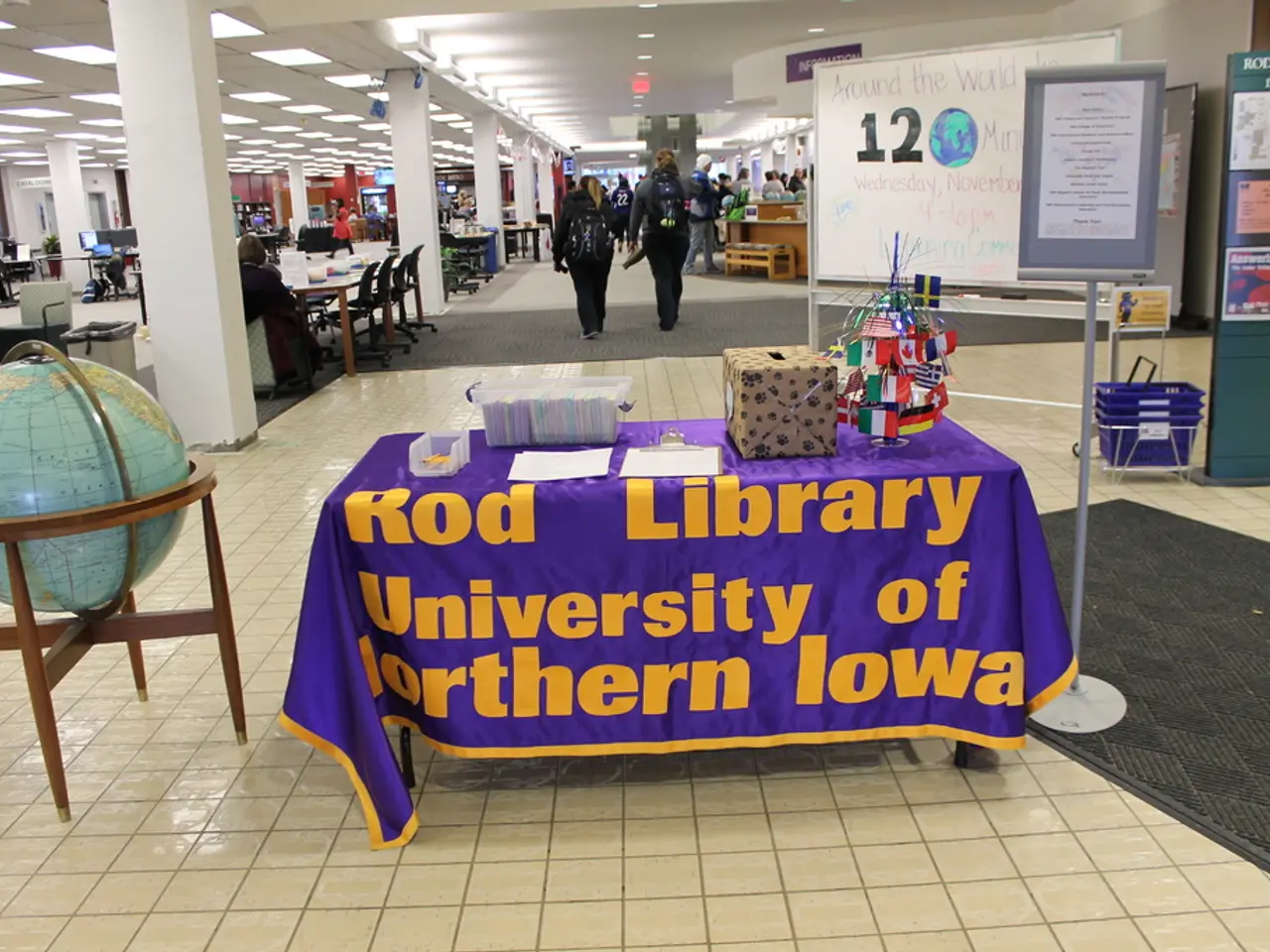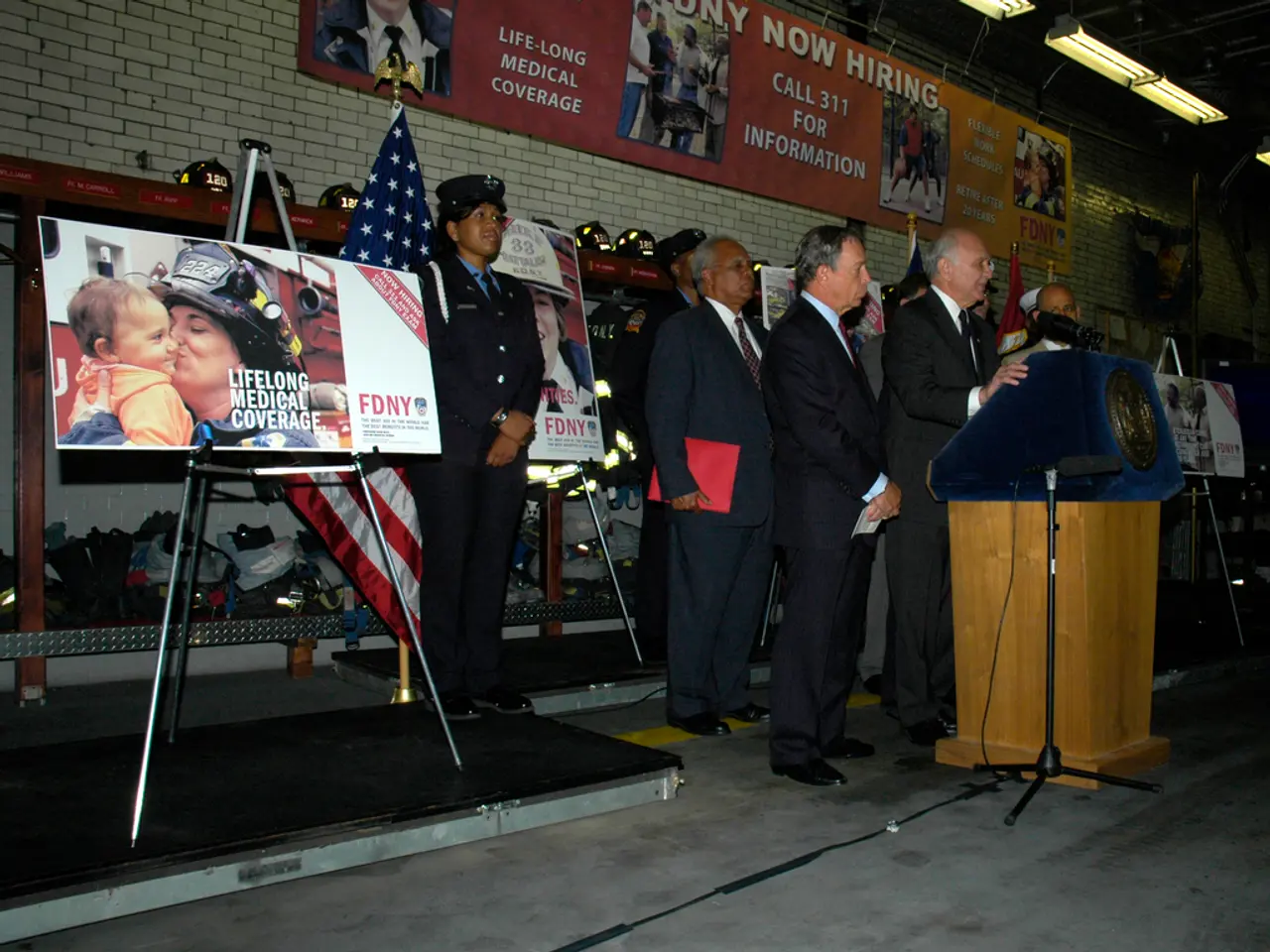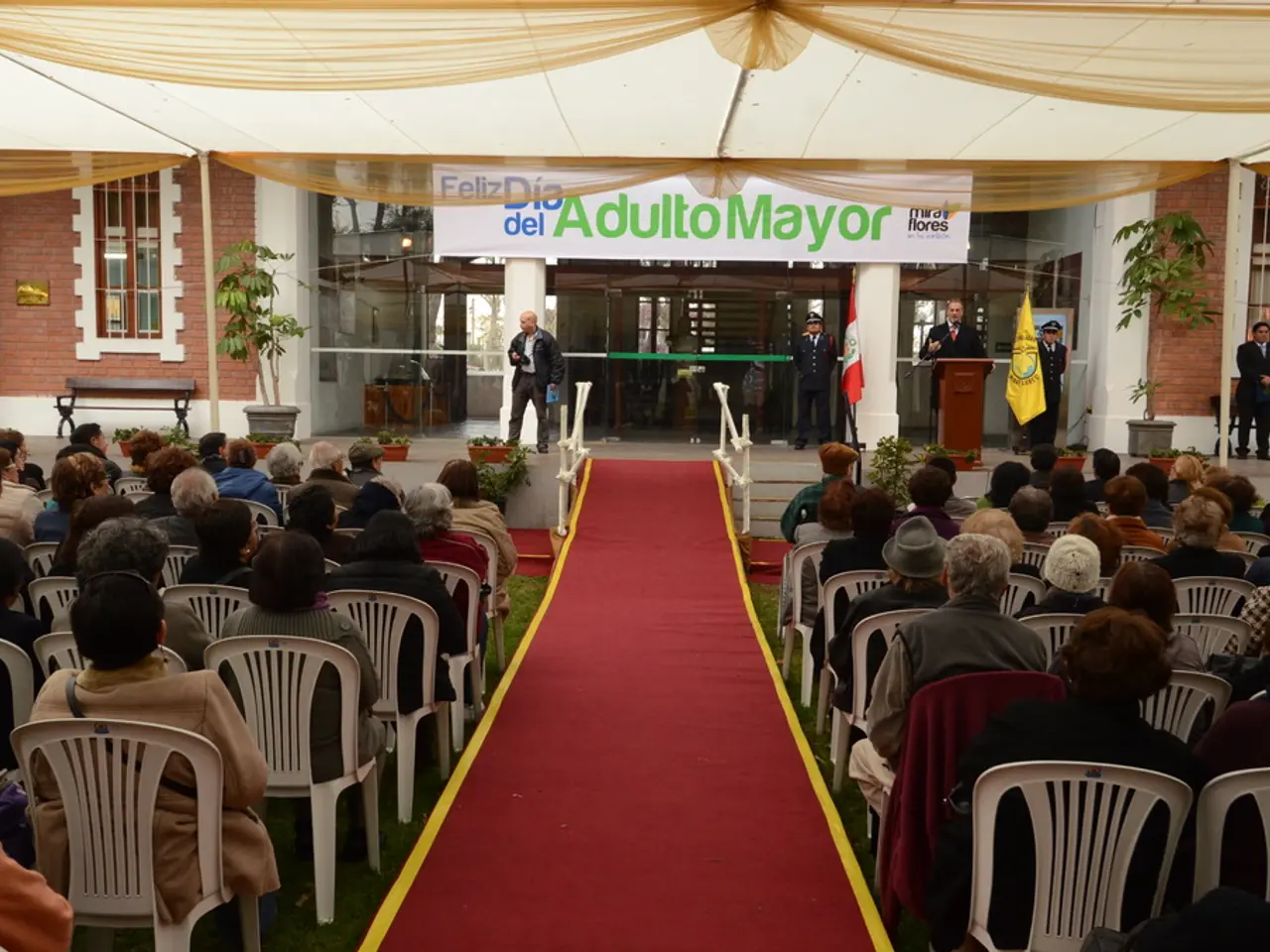Canada and India Patch Up Relations: Two Countries Fix Diplomatic Dispute
- *
Diplomatic dispute between Canada and India concludes, as both countries reinstate their respective envoys. - Diplomatic crisis resolution: Canada and India re-appoint ambassadors.
Mark Carney, Canada's Prime Minister, shared a cordial meeting with his Indian counterpart on the sidelines of the G7 summit at the Canadian Rockies. Carney expressed optimism that the encounter would "establish a solid foundation for reconstructing the alliance," grounded on "mutual respect, autonomy, and faith."
Modi, India's leader, stated at the meeting that both nations are "steadfast in our alliance to democratic values." Modi further described the relationship between India and Canada as "invaluable in numerous aspects."
The recent diplomatic debacle between the two countries was fueled by the June 2023 murder of Sikh activist and Canadian resident Hardeep Singh Nijjar in a British Columbia temple parking lot. Nijjar, who was vocal about establishing an independent Sikh state in India, was sought by Indian authorities for alleged terrorism and conspiracy.
In September, the Canadian government ousted an Indian diplomat who supposedly had links to the assassination plot on Canadian soil, as per the Canadian Ministry of Foreign Affairs in Ottawa. Trudeau declared "compelling evidence" pointed towards India's intelligence agency's involvement.
The accusations ignited a fiery diplomatic battle. The Indian government dismissed the allegations as "preposterous," denied any acts of violence in Canada, and momentarily suspended Canadian visa applications' processing.
Canada is home to the world's largest Sikh community, apart from Punjab, India's northern state. Punjab, a region where nearly 58% of the population is Sikh and approximately 39% is Hindu, has experienced a violent independence movement during the 80s and 90s. A horrific death toll resulted from the conflict.
The contention was further intensified by the existence of Khalistani extremists within Canada, believed by India to use Canadian soil as a platform for promoting violence. Canadian intelligence later substantiated some of these accusations, elevating the tension.
After nearly two years, the leaders of both countries—India's Narendra Modi and Canada's Mark Carney—came to an agreement in June 2025 during the Group of 7 summit in Canada. They decided to reinstate complete diplomatic services, designate new ambassadors, and resume services for citizens and businesses in both countries. They underscored the importance of a bilateral alliance based on mutual respect and territorial sovereignty, and talked about potential collaboration in technology, digital transition, food security, and critical minerals. India's foreign ministry emphasized the necessity to restart senior ministerial interactions to regenerate trust and momentum in relations.
To put it simply:
- Plank 1: Canada's allegation of India's involvement in the killing of a Sikh separatist leader on Canadian soil, followed by India's denial and the expulsion of Canadian diplomats[2].
- Plank 2: The complicating factor of Khalistani extremists operating within Canada, validated by Canadian intelligence[3].
- Resolution: In June 2025, both nations resolved to reinstate complete diplomatic ties, name new ambassadors, resume services, and re-engage on multiple fronts to rebuild trust and cooperation[2][1].
Community policy should be established to prevent future diplomatic disputes, emphasizing cooperation and mutual understanding. The resolution between Canada and India in June 2025, following the controversial expulsion of diplomats, highlights the importance of cooperation, particularly in addressing sensitive issues such as terrorism and internal extremist activities, within the context of general-news politics.







